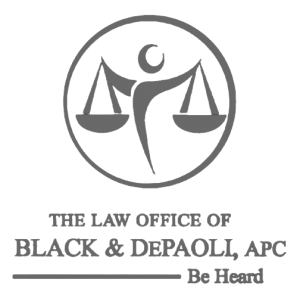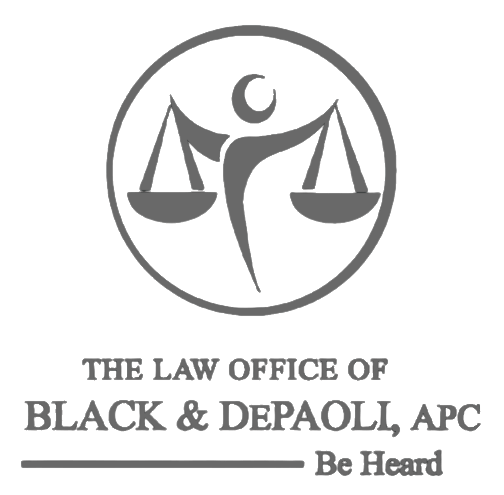Motorcycle Accident
MOTORCYCLE ACCIDENT ATTORNEY IN California
Careless drivers and road hazards pose a constant risk to motorcyclists. If you’ve been injured in a motorcycle accident that was caused by someone else, you deserve fair compensation and accountability from those responsible. Turn to the California motorcycle accident lawyers at The Law Office of Black & DePaoli, APC for help. Our legal team has more than three decades of combined experience handling motorcycle accident cases. Travis Black, serving
as counsel of the firm is a former police officer and insurance adjuster who knows how law enforcement investigates motorcycle accidents and how insurance companies defend themselves. He’s also a rider himself, so he brings personal appreciation for what riders go through.
Together, our team has a proven track record of success. We have secured millions of dollars in compensation for our clients throughout California. We understand the difficulties of recovering from a motorcycle accident, and we fight to maximize the payments our clients receive.
As a first step, we offer free consultations wherever and whenever is most convenient for you. And you’ll never owe us a dime unless and until we win compensation for you. Contact us today to speak with a knowledgeable motorcycle accident lawyer in a free case review.
UNDERSTANDING WHY MOTORCYCLE ACCIDENT CASES ARE MORE COMPLICATED
TOPICS ON THIS PAGE
- Understanding Why Motorcycle Accident Cases Are More Complicated
- How A Motorcycle Accident Lawyer Can Help You
- Potential Damages In A Motorcycle Accident Claim
- How Long Do You Have To File A Motorcycle Accident Lawsuit?
- Common Types Of Motorcycle Claims We Help With
- Common Injuries in Motorcycle Accidents
- Common Injuries In Motorcycle Accidents
- Get Help From A Seasoned Folsom Motorcycle Accident Lawyer Now
HOW A MOTORCYCLE ACCIDENT LAWYER CAN HELP YOU
- Recovering evidence from the accident to determine how the crash happened and who may be legally liable for your injuries and property damage
- Explaining your legal rights and options, including whether you may be able to pursue financial compensation through your own insurance coverage
- Working with accident reconstruction experts to build a persuasive case on your behalf
- Consulting with medical experts, economists, and long-term care planners to demonstrate the full extent of your losses
- Preparing and filing your claims for compensation with the at-fault parties and their insurance companies
- Handling all communications with insurers and attorneys so that you can focus on your treatment and recovery
- Negotiating for a settlement that provides you with fair and full compensation for your injuries and losses
- Taking your motorcycle accident lawsuit to court if the other side refuses to agree to a fair settlement
POTENTIAL DAMAGES IN A MOTORCYCLE ACCIDENT CLAIM
In a motorcycle accident claim, you may be entitled to financial compensation for expenses and losses related to the wreck. A settlement can also include money for future expenses caused by your injuries and the accident, such as ongoing rehab treatment.
Your compensation may cover:
- Costs of medical treatment related to the crash, including medical bills, prescriptions, physical therapy, medical equipment purchases, and transportation costs to and from appointments and procedures
- Repair or replacement costs for your motorcycle
- Lost income if you missed work to recover from the injuries you suffered in the accident
- Lost earning capacity, if you have a permanently disabling condition caused by the accident
- Loss of enjoyment and quality of life due to disabilities, significant scarring, or disfigurement caused by your injuries
- Physical pain and suffering
- Emotional trauma and distress
HOW LONG DO YOU HAVE TO FILE A MOTORCYCLE ACCIDENT LAWSUIT?
Under California’s statute of limitations, you typically have only two years from the date of a motorcycle accident to file a personal injury lawsuit for compensation. If you wait until after the deadline on your claim, you risk the court dismissing your lawsuit. Protect your claim by contacting an attorney as soon as possible. A lot of legal legwork goes into preparing a lawsuit. The sooner you start on your case, the better.
COMMON TYPES OF MOTORCYCLE CLAIMS WE HELP WITH
RELATED INFORMATION
- Common Injuries in Motorcycle Accidents
- Fatal Motorcycle Accidents
- Motorcycle Broadside Collision
- Injured Motorcycle Passengers
- Motorcycle Crashes Near Driveways
- Motorcycle Rollover Accidents
- Left Turn Motorcycle Collision
- Intersection Motorcycle Collision
- Open Door Motorcycle Accident
- U-Turn Motorcycle Accident
- Unsafe Lane Change Motorcycle Accident
COMMON INJURIES IN MOTORCYCLE ACCIDENTS
- Road rash
- Lacerations and bruising
- Burns
- Broken bones
- Dislocated joints
- Soft-tissue sprains, strains, and tears
- Herniated spinal discs
- Spinal cord injuries and paralysis
- Internal injuries and bleeding
- Crush injuries
- Facial injuries
- Head injuries and traumatic brain injuries
- Amputation



